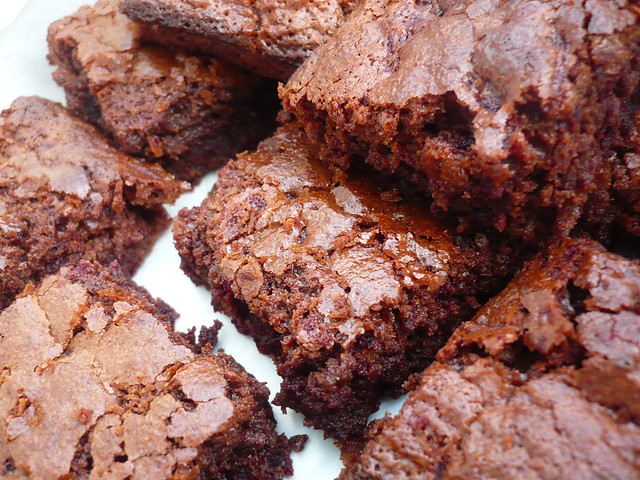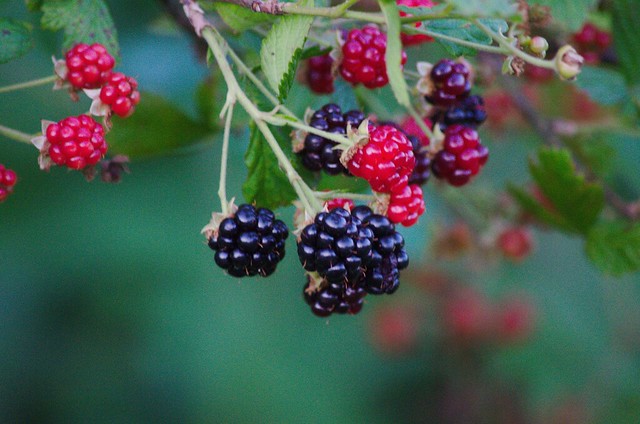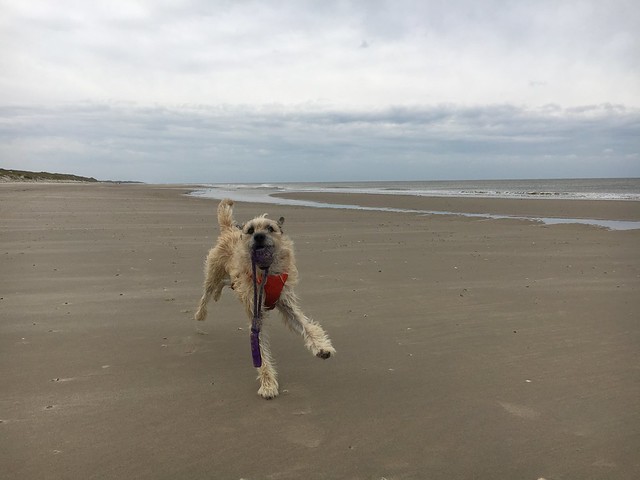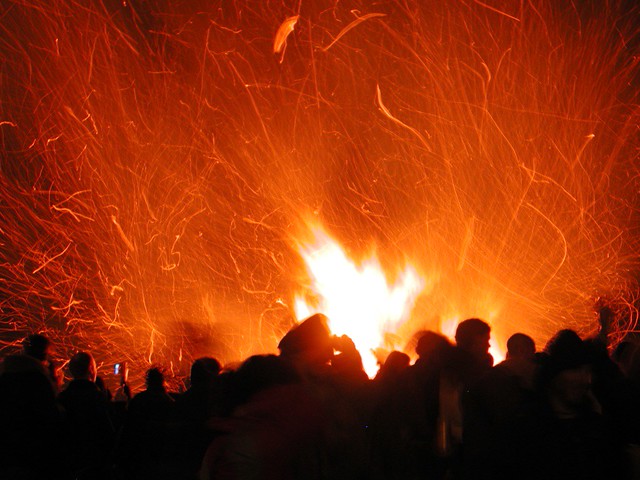An interesting Spanish word I learnt today is cometa [koˈmeta], which means both kite and comet. It comes from the Latin word comēta, an alternative version of comētēs (comet, meteor, shooting star; portent of disaster), from the Ancient Greek κομήτης (komḗtēs, – longhaired, comet), which refers to the tail of a comet, from κομᾰ́ω (komáō – let the hair grow long) and -της (-tēs – a suffix that forms nouns) [source].
Related words and expressions include:
- cometa voladora = hang gilder
- hacer volar una cometa = to fly a kite
Other words for kite in Spanish include [source]:
- papalote in Cuba, Honduras, Mexico, from the Classical Nahuatl pāpalōtl (butterfly) [source]
- barrilete in Argentina, Nicaragua, a diminutive of barril (barrel) [source]
- piscucha or papalota in El Salvador – the former of unknown origin. The latter from Classical Nahuatl like papalote
- volantín in Peru, Chile, Argentina, probably from volar (to fly)
- chiringa in Puerto Rico, probably a version of chiringo which means small in Puerto Rico and Cuba [source]
Are there any other words for kite in other Spanish-speaking countries?
Kite, as in the bird of prey of the subfamily Milvinae, is milano in Spanish, which also means the down of a thistle and flying gurnard (Dactylopteridae) – a type of fish. This comes from the Vulgar Latin *milānus, from the Latin milvus (kite, gurnard) [source].











